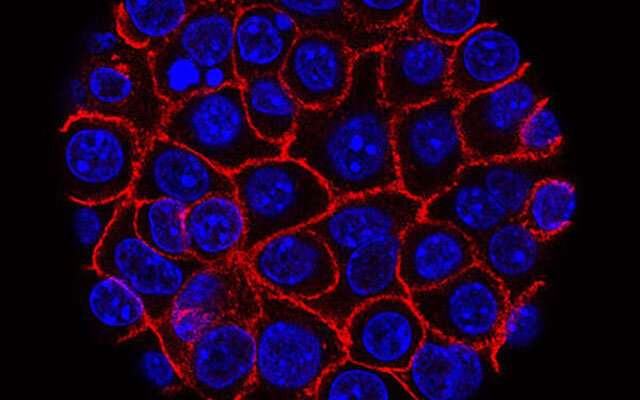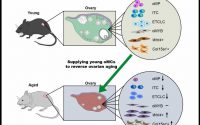Pancreatic cancer: Etiology and early detection

Pancreatic cancer forms in the cells of the pancreas, an organ in the abdomen that releases enzymes that aid digestion and produces hormones that help manage our blood sugar levels. Pancreatic cancer is a rare disease with poor survival—it causes some 466,000 deaths internationally per year. The number of cases is increasing and the prognosis is that this disease will become the 8th most common cause of cancer deaths by 2040.
The trend increases with an aging population, but the etiology of pancreatic cancer remains insufficiently unclear. It is vital to find out more to be able to work towards disease prevention and better treatment.
Jingru Yu, Ph.D. student at the Department of Medical Epidemiology and Biostatistics, has worked to find out more about disease etiology and means for early cancer detection. In her thesis, she has explored biological factors, including poor dental health, diagnosis of inflammatory bowel disease (IBD), and gastric mucosal abnormality. She has also worked to identify a panel of plasma protein biomarkers for detecting pancreatic ductal adenocarcinoma (PDAC) at an early stage, when therapies are most likely to be successful.
Could you describe some of the results in your thesis?
We found that individuals with poor dental health, diagnosis of IBD with concomitant primary sclerosing cholangitis, and recent gastric biopsies had an increased risk of pancreatic cancer. This information may be used to identify high-risk groups for further surveillance and the eight-protein panel seems promising to detect PDAC at an early stage. These findings need to be replicated in other populations and require a thorough evaluation on cost-effectiveness.
Why did you choose to study this particular area?
I have a great interest in gastrointestinal cancers, especially pancreatic cancer. Its five-year survival rate has improved very little since the 1970s, which means that there is great room for improvement. It is challenging yet exciting.
How do you think research about pancreatic cancer should move forward?
Source: Read Full Article


